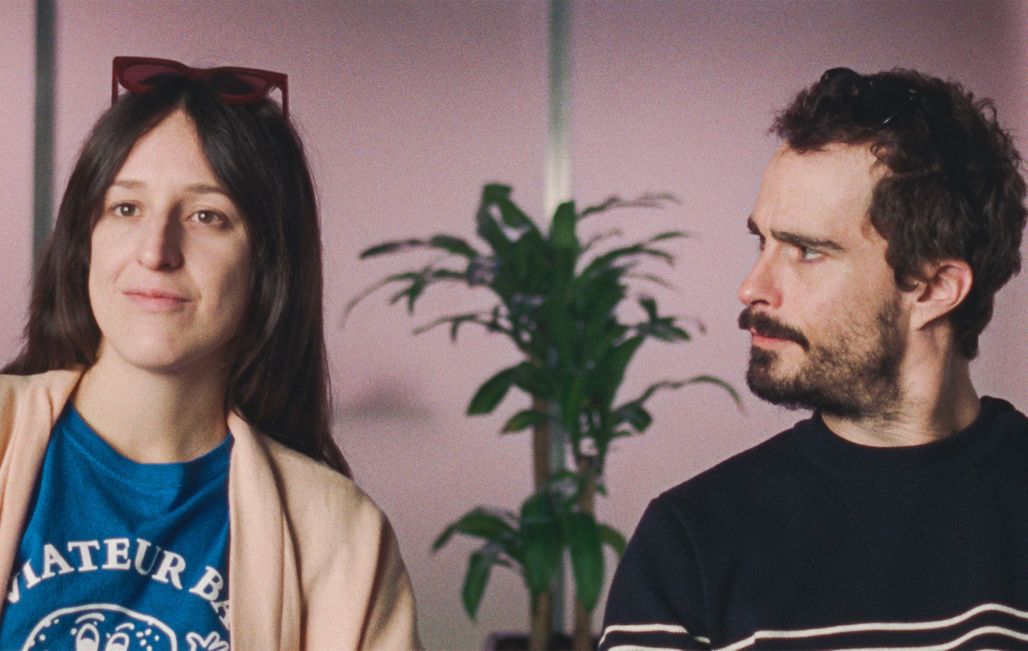
La femme de mon frère (A Brother’s Love) as seen by Monia Chokri

She was a revelation in Amours imaginaires (Heartbeats, 2010) and Laurence Anyways (2012) by Xavier Dolan. Now French-Canadian actress Monia Chokri
unveils her director side at Un Certain Regard with her first feature film, about sibling relationships, La Femme de mon frère (A Brother's Love).
Tell us about the origins of your film.
At the origins of La Femme de mon frère (A Brother's Love), there is a desire to convey the particular dynamic of the big brother – little sister relationship. It's a symbiotic relationship which I have experienced myself, but which I've also observed between several similar "couples". Apart from Cassavetes' Love Streams, I don't know any other film which deals with that relationship: or if they do, they always delve into incest. A brother-sister relationship is above all a pure love, experienced without seeking to gain something from the other person. I wanted to show that perfect duality. It is also a reflection on what family means today.
How was the atmosphere during the shoot?
As an actress, I have noticed over the years, that the atmosphere during the shoot was intrinsically linked to the personality of the director. I promised myself I would create a joyful atmosphere on set, with "respect" as its watchword. Making a film is a privilege: you have to earn it with talent, but also with your ability to consider the people around you.
Tell us about your performers.
I had the privilege of working with my best friends on this film. Anne-Elisabeth Bossé, in the lead role, Evelyne Brochu, who plays Eloïse, and Magalie Lépine-Blondeau, who plays Anabelle Lajoie, are part of my close circle. The same goes for Mani Soleymanlou and Patrick Hivon. As well as being my close friends, I consider them to be the best actors of their generation: like Stradivariuses equipped with great generosity. I am very demanding when I am directing actors, but I know that when an actor feels liked and reassured, they become free.
What made you want to become a director?
I arrived at direction through writing. I began writing a feature film eight years ago, with a view to giving it to a director to manage the project. But the more I wrote, the more compelling the images and direction appeared to me. That was when I met my producer, Nancy Grant. She gave me her business card on my 30th birthday with a handwritten message on it: "Valid for the production of one short film, all expenses paid." It was the best present I ever had! I wrote Quelqu’un d’extraordinaire; then I understood just how fulfilling this profession was for me creatively.
How do you view Québécois cinema?
In the last decade Denis Villeneuve and Jean-Marc Vallée have become established directors in the United States while Xavier Dolan and Denis Côté have paved the way in Europe and Asia. The eyes of world cinema are on our little French-speaking enclave and we have noticed a marked interest in our cinema. For a population of 8 million, our cinema is prolific, diverse and ambitious, even if it is usually made on a shoestring.


